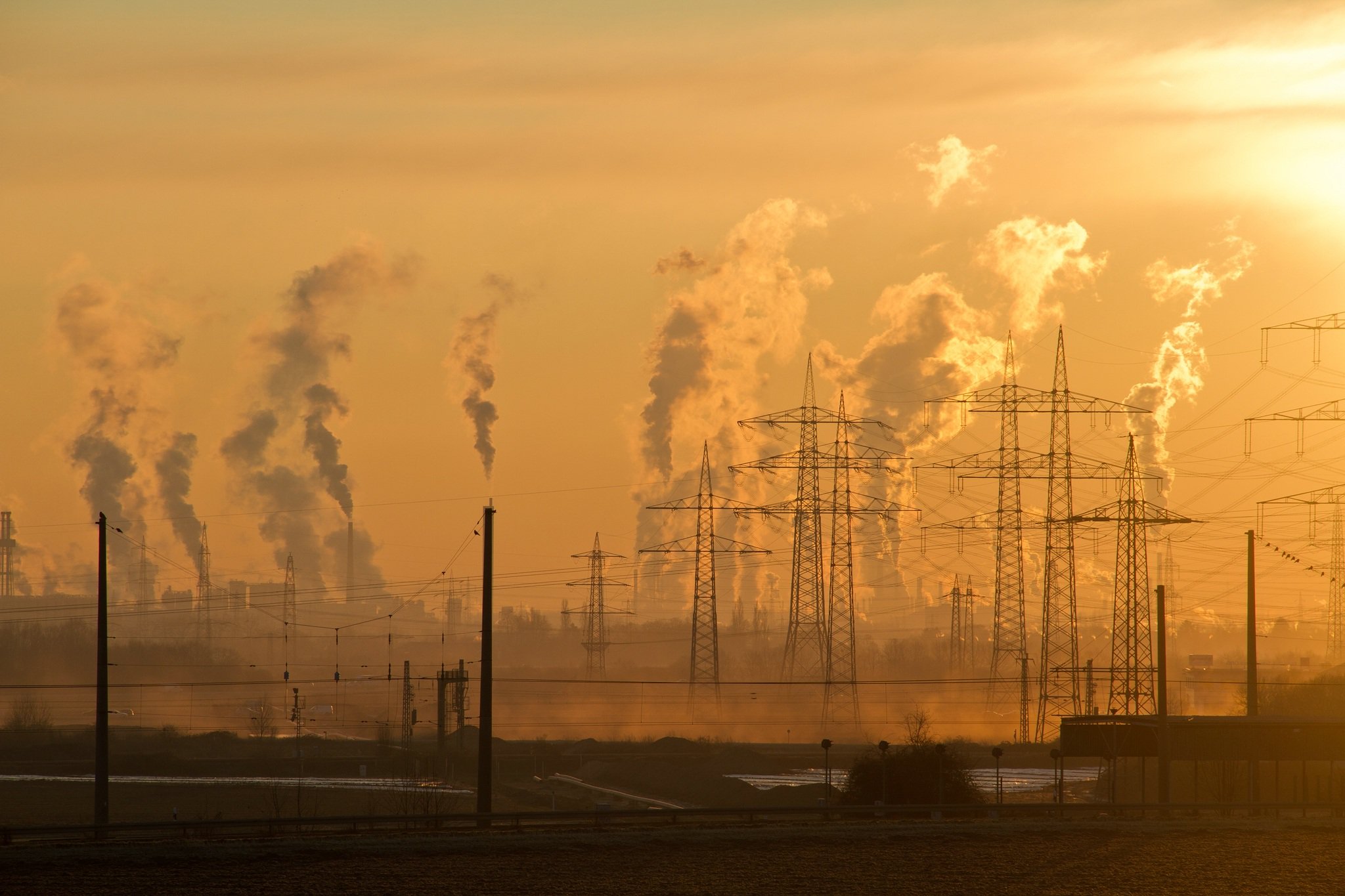At the beginning of September, the Climate Assembly appointed by the Government reported its findings.
The question it was asked was how the UK could get to net zero carbon emissions in pursuance of its local obligations contained in the Climate Change Act 2008. It has now published a detailed report of its findings, which makes interesting reading.
The Climate Assembly was commissioned by six Parliamentary Committees, including the BEIS Committee, which oversees the work of the principal Government Agency, headed by Alok Sharma MP. The fact that the Government felt the need to seek opinions from the populace demonstrates its awareness of the gulf between Government policy – which is generally supportive of decarbonisation and the 2008 Act – and wider public opinion. If social media or the red top tabloids are anything to go by, then the Government might well think that there is going to be a problem moving this agenda forwards.
The Assembly’s report therefore provides the first substantive piece of evidence about what the British people think in relation to reaching these legal targets. In this context it should be emphasised, of course, that the question was not whether we should be doing this but how we should reach those targets.
Participants were drawn from all walks of life, interestingly including climate sceptics – those who do not believe climate change is either happening or anthropogenic. Efforts were made to accommodate every aspect, from age, to ethnicity, to education, and geography, so the group mirrored society in the UK today.
The participants met over six weekends to discuss the issues. Three of those were actual meetings and the other three were online, due to the intervention of the COVID-19 pandemic. The participants heard from 45 different speakers and considered and debated the issues before voting by secret ballot on the recommendations.
A number of points arise from this exercise. Firstly, the Government and Parliament believe that it has been a great success. The Assembly has delivered a clear set of recommendations and this body of evidence will be helpful to the Government in moving the agenda forwards.
Secondly, the Assembly managed to engage with the climate sceptics. Apparently, they took the view that as the UK is legally obliged to meet the net zero carbon targets, they might as well have a say about how it should do so, as this will affect them too. Presumably, everyone accepted that discussions on whether we should be doing this were not on the table and those reservations should be left at the door.
It is also the case that the Assembly realised that the more information and guidance they were given on scientific facts, the more they became convinced that action was required. Further education work was a clear principle that was underlined in the findings, and something the Government should take careful note of.
Read more: Current





